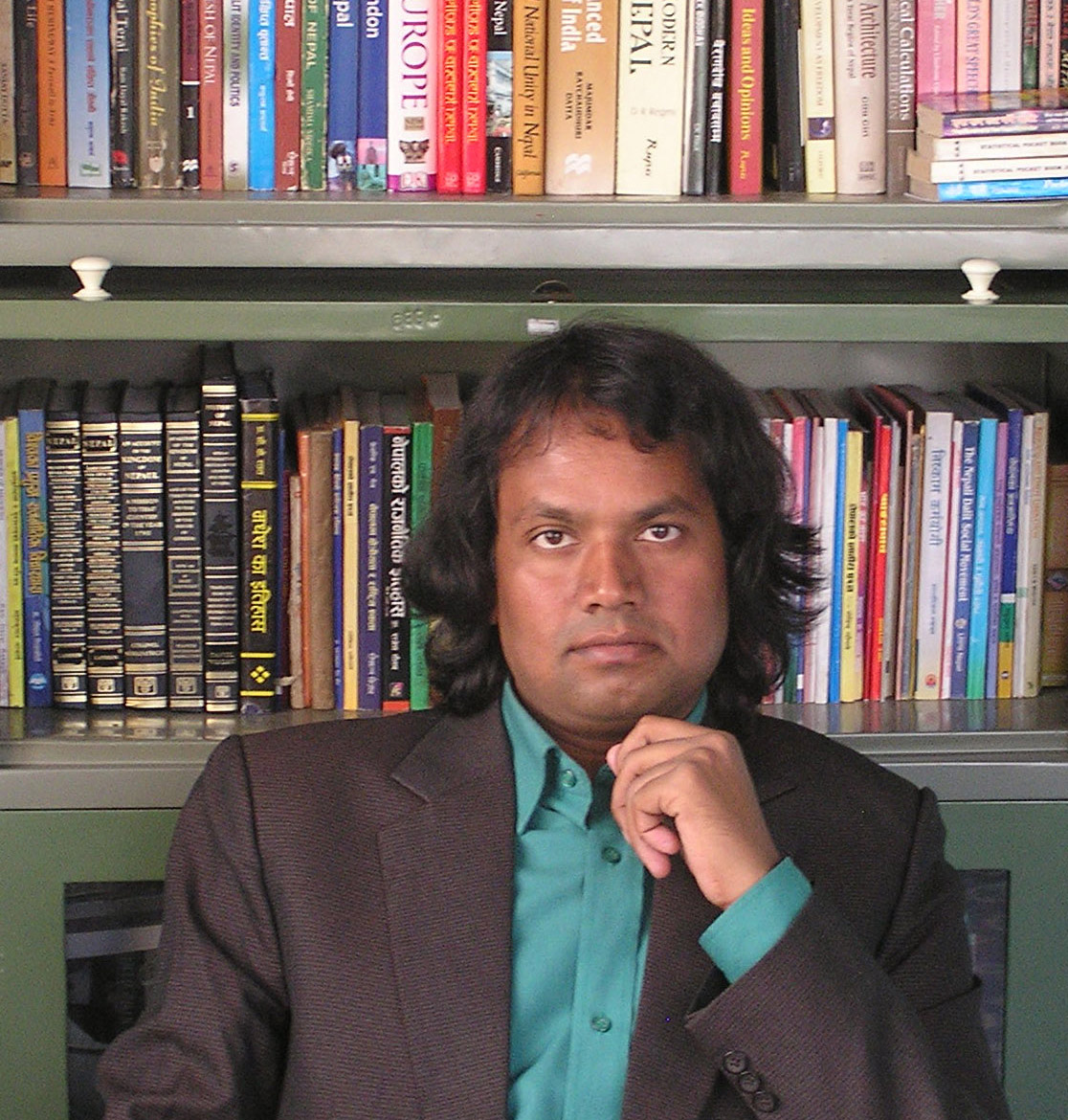Can Alliance for Independent Madhes emerge as an alternative force?
Kathmandu, March 16
Chair of Alliance for Independent Madhes CK Raut recently signed an 11-point agreement with the government committing to join mainstream politics.
Raut, who was known for his secessionist views, is now preparing to expand his party organisation across Madhes but can AIM eat into the vote banks of the Federal Socialist Forum-Nepal and Rastriya Janata Party-Nepal which have strong presence in the region?
Political analysts rule out the possibility of Raut transforming his outfit’s image into electoral gains making it an alternative force of Madhes.
Political analyst Bhogendra Jha said the difference between mainstream Madhesi political parties FSF-N, RJP-N and AIM is that the former want Madhesi identity recognised and autonomy protected within the bounds of the constitution, but AIM wants Madhes to be a separate country. “CK Raut-led AIM never had mass following. Only some youths who admired Raut’s academic brilliance and his method of propagating extreme views non-violently followed him,” Jha added. He said if the FSF-N and RJP-N failed, it would be because of their own mistakes. “I don’t think Raut can pose any challenge to these parties. Some youths, who viewed Raut as a role model in the past, now view him as no different from other political leaders,” he added. He said many who supported Raut in the past were now saying he had surrendered.
Political analyst Chandra Kishore says Raut needs to overcome many challenges to establish himself as a political leader.
“Raut pursued his political cause in a non-violent way, but he has not said anything about Mahatma Gandhi’s views on economic issues and environment. Nobody knows Raut’s political ideology,”Chandra Kishore said, adding that while the FSF-N and RJP-N kept raising issues of Madhesi identity, autonomy and inclusion, all these years, Raut maintained silence. “It will be very difficult for him to create space in Madhes for himself,” he said, adding that people would not vote for him without judging his views on politics, inclusion and federalism.
Political analyst Tula Narayan Shah said after the 11-point agreement, Madhesis viewed Raut as an unpredictable leader, who could easily settle in a developed country anytime, but he had dedicated cadres and he could change the political landscape of Madhes if he continued to champion the cause of Madhesi marginalisation.
“If Raut succeeds in establishing AIM as a force in Madhes, AIM will eat into the vote bank of Nepal Communist Party (NCP) and the Nepali Congress also and not just the two Madhesi parties — FSF-N and RJP-N,” Shah argued.
RJP-N General Secretary Manish Kumar Suman said AIM would pose no challenge to FSF-N and RJP-N as they were time-tested parties with organisations reaching each ward and household of Madhes.
Suman said Raut abandoned his extreme political views mainly because he was scared of a long incarceration and he was not getting funds from Madhesi doctors and engineers working abroad.
“As long as the government and AIM offer conflicting interpretation of the 11-point agreement, some may support Raut, but over time he will have no supporters,” Suman said and added that Raut did not have the means to support his political activities.






